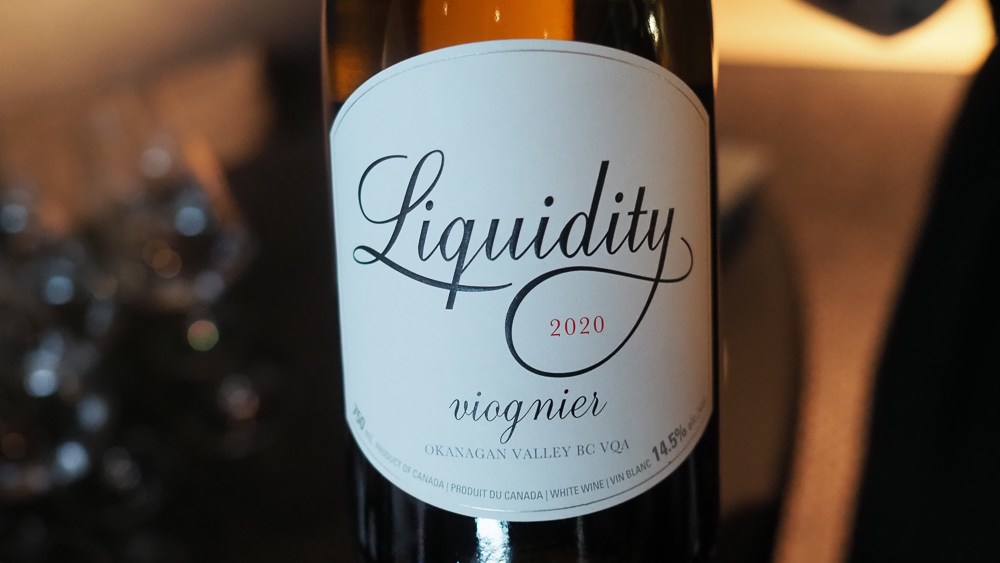My great grandpa came to Canada on a boat with a herd of Jersey cows. He paid his way by taking care of the cows on the long voyage from the island of Alderney just off the coast of France. I was always impressed by the bravery of my grandpa. I’m told he spoke fast french, couldn’t read all that well, and carried a little pocket book keeping track of his business dealings. With a lot of hard work he turned a barren corner of southern Saskatchewan into our family farm.
The truth is that my great grandpa was not alone. He was not one man against the wilderness. In fact, it was a community of people who helped and received help from one another that made the rural prairies into a thriving home for so many new Canadians. Men and women built trust, crossed language barriers, set up businesses, lent resources, and helped when times were tough. My grandpa found community and community found my grandpa.
There is this pervasive belief that we live in a dog-eat-dog world where the strongest survive – only those who climb to the top have any kind of future. Truthfully, however, it was not competition, but cooperation that made people like my grandfather successful. It was caring community, not rustic individualism that built the family farm. It was not a fight, but kindness, that shaped Western Canada.
Author Paul Born says that community is core to who we are. He says that community is natural to us, “As living organisms, we gravitate toward one another. Something deep inside us knows that together we are more. We can accomplish more together, we are safer together, we can find greater comfort when we are together. We all know community when we see it for feeling. Being in community is our natural state.”
We may not be a prairie pioneer breaking new soil, nor are we planning to engage in a barn raising. We may often feel as though we have all we need and that community is not a necessity in our life. Our culture celebrates the individual and we often do not see healthy community modelled well. So we choose to live apart from community and figure that the best way to go is to go it alone.
Yet even in our city and neighbourhoods, I often meet people who know, somehow instinctively, that they need community. We are all looking to belong, to connect, to feel heard and to engage others. I daresay that we are made to be in community, it is actually essential to our spiritual and emotional health. I believe we cannot thrive apart from others, and others are essential to our very wellbeing.
May you welcome the invitation to live in community with others. You are not alone and you were not made to be alone. Your life is important and valuable; may you see the many ways that your life is connected to others.









